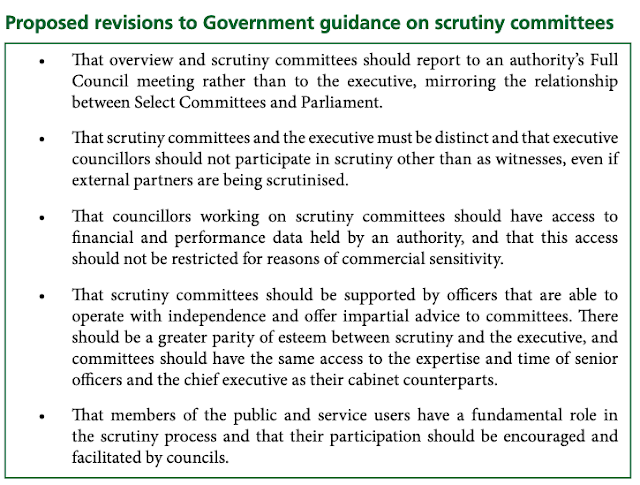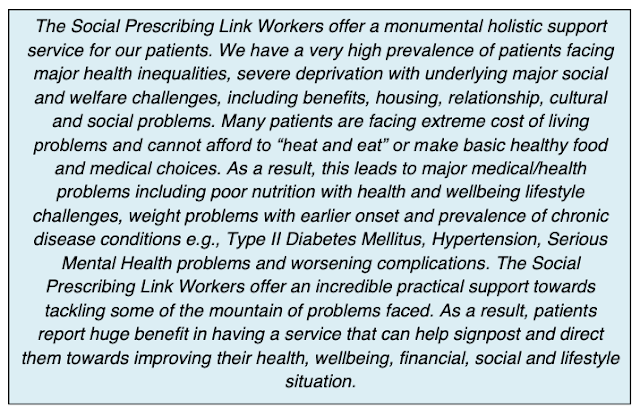Guest post by Philip Grant in a personal capacity
This is a continuation of the correspondence which you may have read last week, in a guest post headlined “Abuse of Power?”. One anonymous comment was glad that Brent Council were being held to account, to which I replied: ‘It is not an easy task, especially when Senior Council Officers seem determined that they have to defend what is sometimes the indefensible.’
If you read the previous emails, and feel interested enough to read this further exchange, you may see what I meant by that. I felt that, rather than dealing with the issues I’d raised, the Senior Officer was trying to create a smokescreen. I have tried to cut through that, politely I hope, with a view to seek a resolution of the points I thought it important enough to write to her about in the first place.
Email from Brent Council’s Corporate Director of Governance at 4.25pm on 12 April:
Dear Mr Grant
Thank you for your email and I have considered the points you raise.
I have also had a quick look at practice elsewhere. The templates used by councils for reports to their Cabinet (or Executive) are varied. In at least 8 councils reports are expressed to be from the Cabinet member(s) to the Cabinet, in others the reports are jointly from the Cabinet member(s) and relevant senior officer(s). The template used by at least 5 councils includes a cabinet member foreword or introduction, e.g. Haringey and Newham.
The new approach in Brent was adopted for the reasons I gave in my previous email and is not out of step with the approach elsewhere. Having adopted this template, reports addressed to Cabinet for decision are prepared using the template. The legislation then requires the council (subject to rules concerning exempt and confidential information) to publish those reports and permit the public and press to attend and observe the Cabinet meetings at which they are discussed. The publishing of the reports is clearly undertaken in compliance with the Regulations i.e. in discharge of the council’s duties under them.
I remain of the view that it’s perfectly clear from the heading of the Cabinet Member Foreword section of the report that the comments in that section are comments of the Cabinet member and not of the officer.
I note what you say about section 3., “Contribution to Borough Plan Priorities & Strategic Context” in the particular report. On reviewing the other reports on that agenda and other recent agendas I have noted that there is an inconsistency in practice, with some reports including this additional heading and some not. The template itself does not have two separate headings.
Thank you for drawing this to my attention and I have reminded the officers who sign off the report and also the Governance team of this. I have also reminded them of the purpose of the Cabinet Member Foreword as indicated in my previous email.
My response to that email at 4.45pm on 17 April:
This is an Open Email
Dear Ms Norman,
Thank you for your email of 12 April.
I will make this response shorter than my email of 10 April, and will concentrate on the two main points.
1. Did Councillor Tatler’s Cabinet Member Foreword contain political material?
You appear to have overlooked that my original email of 5 April was a complaint, about political content in the Cabinet Member Foreword, and you have managed to avoid addressing this question in both of your replies to me (8 and 12 April). So that we can finalise this point, please let me have your straightforward answers to these two questions:
a) Do you accept that the Cabinet Member Foreword, in the SCIL Request Officer Report to the Cabinet meeting on 8 April, contained some political material, including at least one piece of Labour Party political material?
b) Do you agree that it is wrong for Officer Reports to Cabinet meetings to include material which ‘in whole or in part, appears to be designed to affect public support for a political party’ (irrespective of whether or not its publication breaches Section 2 of the Local Government Act 1986)?
2. Are Cabinet Member Forewords appropriate in Officer Reports to Brent’s Cabinet?
For ease of reference, this is the purpose of Cabinet Member Forewords given in your email of 8 April:
‘The purpose of the introduction of the Cabinet Member Foreword was to provide an opportunity for the council policy context of decisions to be made explicit in reports to Cabinet by the Cabinet Member who is accountable for initiating and implementing council policies within the relevant portfolio.’
You have not explained whose decision it was to adopt the practice of including such Forewords, or at whose request. Please provide that information.
You have brought in information about what some other local authorities do, but all that should concern us, as citizens, Officers or Council members of Brent, is what is appropriate for our borough.
I understand that it helps Officers drawing up reports for Cabinet meetings to have a template, and that template (or necessary variations of it) can be drawn up or amended as appropriate, when the question I have asked in the heading to this section is resolved.
I think the best way to resolve it would be through a review, as I suggested, overseen by yourself, as Corporate Director of Governance, but taking views from other Senior Officers, Cabinet members and, I would suggest, the Leaders of the other Party Groups on the Council, and perhaps also the Chairs of Scrutiny Committees.
I have already put forward my views, as a politically independent observer of local democracy in Brent, where I have lived for more than 40 years. To summarise my views:
· Officer Reports should be written solely by Council Officers, as their role is to provide the Cabinet, impartially, with all the information they need to make key decisions, and to make recommendations based on that information.
· Officers making and signing off those reports must be aware of the Borough Plan Priorities and other Council policies for the service area they are responsible for, and it makes sense for that to be included in one section of their reports.
· If the Cabinet Lead member with the portfolio covered by the report wishes to add their own views on the policy context, they can do so when introducing the item at the meeting, and also by circulating their own briefing document to their colleagues, should they think it necessary.
Best wishes,
Philip Grant.








